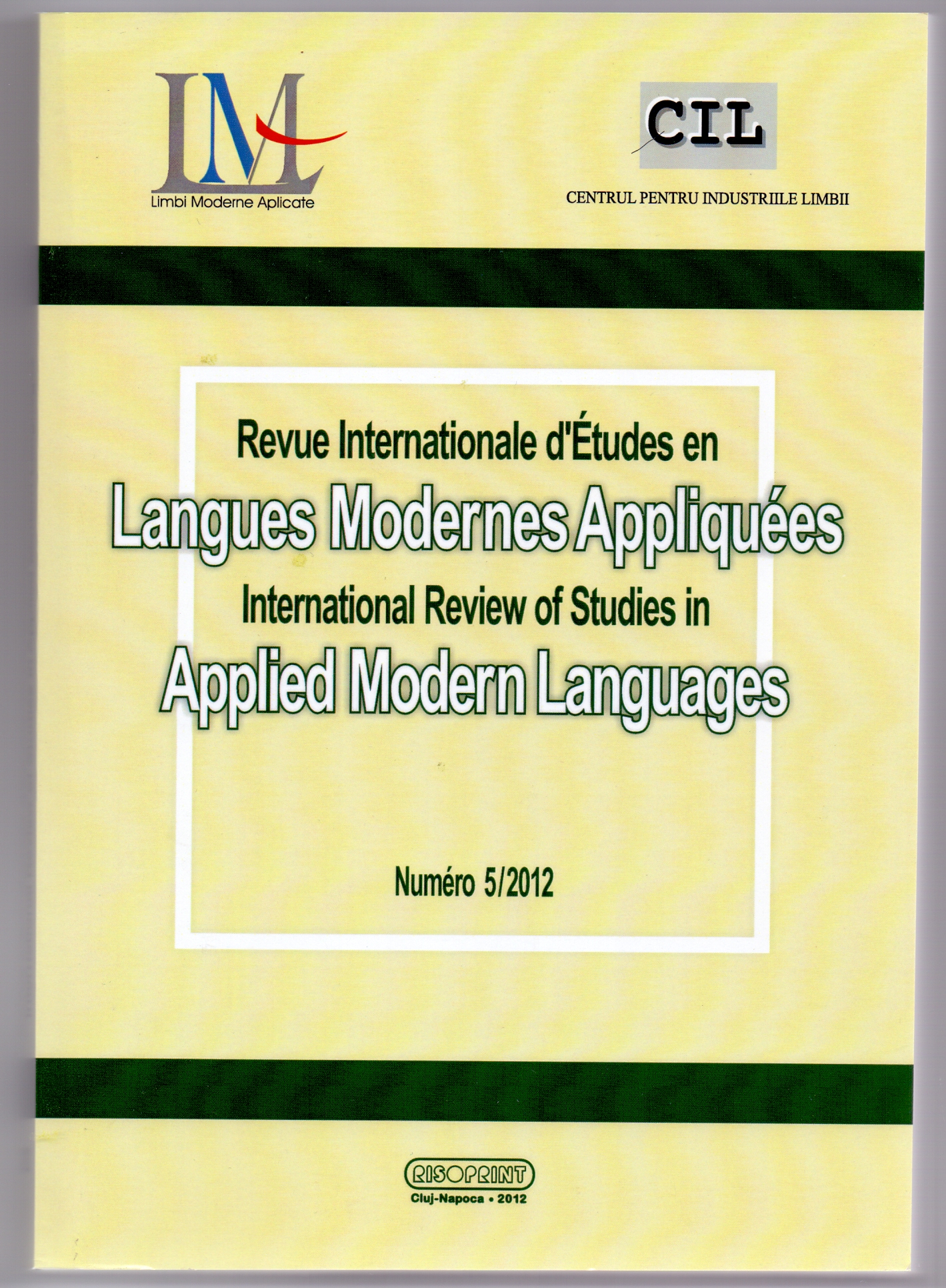Entre écrit et oral : la traduction des comptes rendus in extenso (CRE) du Parlement européen
Between Written and Oral Communication: Verbatim Reports (VR) of the European Parliament
Author(s): Ildikó FarkasSubject(s): Translation Studies
Published by: Risoprint
Keywords: verbatim report; European Parliament; third code; normalisation; pragmatic equivalence;
Summary/Abstract: The translation of word-to-word minutes of the plenaries of the European Parliament into Hungarian (HU) raises two fundamental problems: those of normalisation and pragmatic equivalence. In fact, some speakers tend to read their pre-written texts, while others (typically the French) intervene in a pseudo-spontaneous mode. Although this pseudo-spontaneity is reflected by the transcription in the original languages, the SL (English) version follows the strategy of cancelling most of the characteristics of the oral speech and forms a well structured written text. The HU translator has basically the choice between 1. producing a pseudo-transcription, with all that this includes: lapses, terminological and syntactic errors, taking into consideration the pragmatic aspect and maintaining the difference between oral contributions and written statements, the latter forming also part of the minutes. This strategy could be based on the requirement of making no change whatsoever to the original contributions of HU speakers; 2. remaining faithful to the SL (a translation itself!), which corrects even the protocol errors of the MEPs, this option leading to the cancellation of diversity of registers, genres and individual styles, and by this way to sacrificing an important part of pragmatic equivalence.
Journal: Revue Internationale d'Études en Langues Modernes Appliquées
- Issue Year: 2012
- Issue No: 05
- Page Range: 50-58
- Page Count: 9
- Language: French

